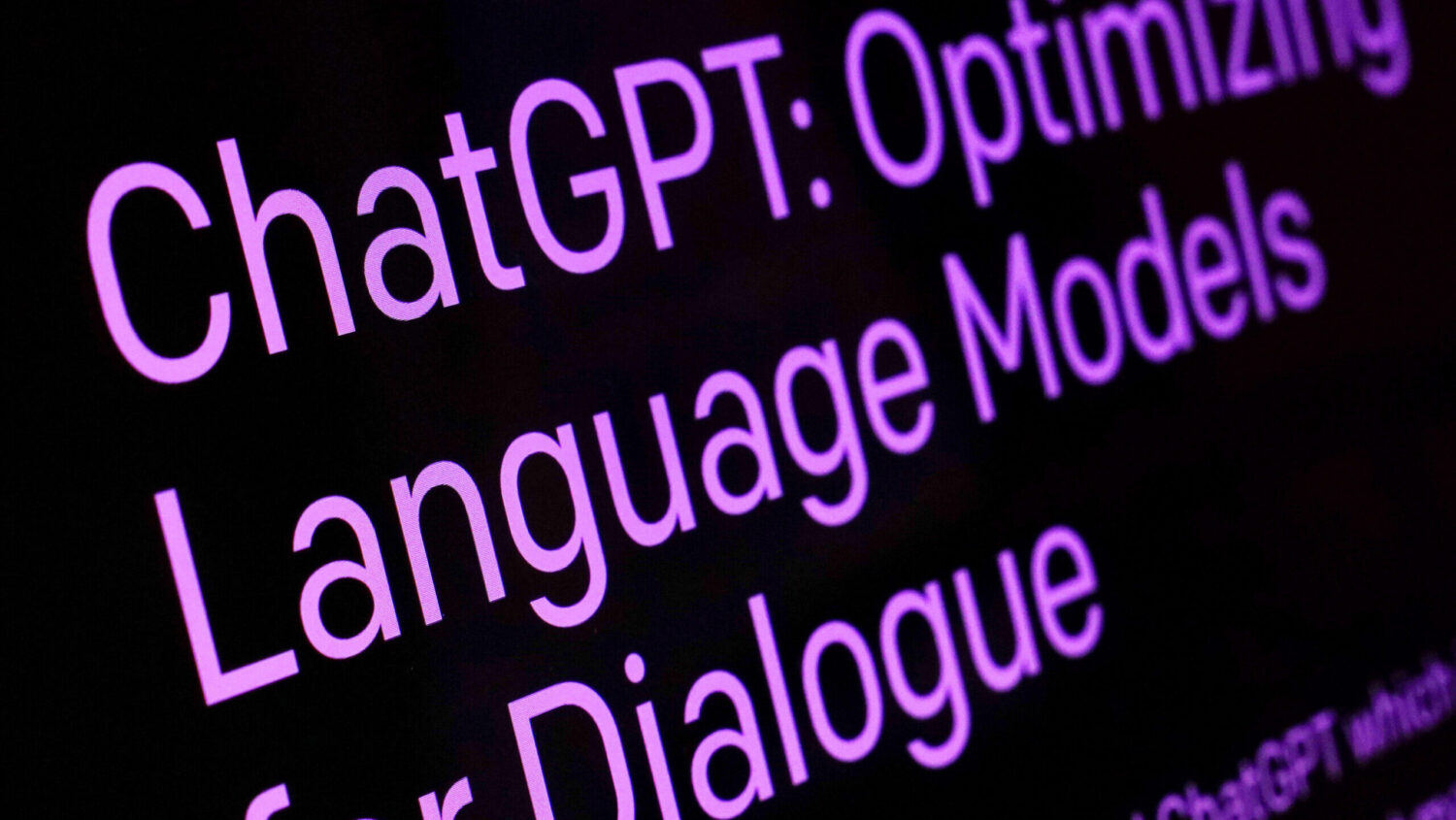
Artificial Intelligence (AI) is expected to dramatically reshape the job market, especially targeting entry-level white-collar roles, according to a leading AI expert who warns of rapid technological advancements that could render many of these jobs obsolete in the near future.
As companies continue to integrate AI applications into their operational flows, tasks that were once managed by junior office workers—such as data entry, scheduling, basic customer service, and report generation—are increasingly being automated. These developments are fueled by sophisticated AI tools capable of processing language, understanding context, and making decisions based on large datasets, often with greater efficiency and lower cost than human employees.
The expert emphasized that while AI presents significant opportunities for productivity and innovation, it also raises serious concerns about workforce displacement and the future of work. Entry-level white-collar jobs have traditionally served as stepping stones for career advancement, providing new graduates and workers with essential experience and training. The diminishing availability of these roles due to automation threatens to disrupt this career development pipeline.
Furthermore, the effect of AI on the labor market could disproportionately affect younger professionals and those without technical or specialized expertise. This makes retraining and upskilling initiatives more urgent, as workers seek to adapt to changing employment landscapes. Educational institutions and corporate training programs may need to pivot toward teaching more advanced digital competencies, creative problem-solving, and human-centric skills that are less susceptible to automation.
Policymakers are also beginning to grapple with the broader social and economic implications of AI-driven job displacement. Some have proposed legislation aimed at monitoring and managing AI’s influence in the workplace, while others advocate for the implementation of social safety nets or universal basic income as potential buffers against widespread job loss.
In conclusion, while Artificial Intelligence holds substantial promise for improving operational efficiency, it also presents existential challenges to traditional employment structures. A systemic response, involving governments, educators, industry leaders, and workers themselves, may be required to mitigate the risks and ensure a more equitable technological transition.
Source: https:// – Courtesy of the original publisher.








